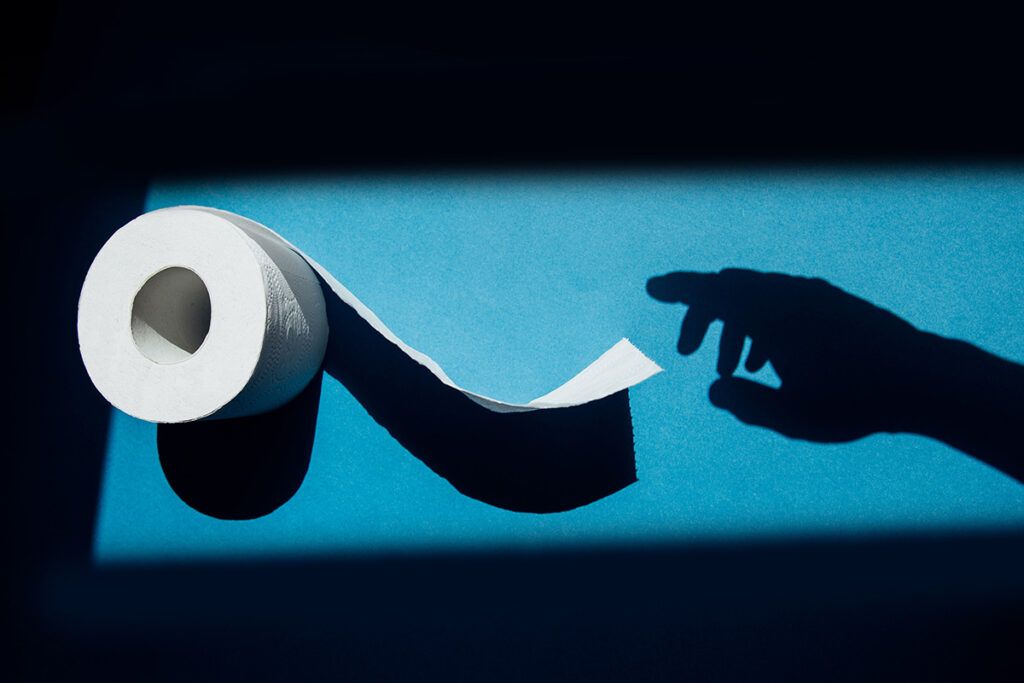Overactive bladder (OAB) causes you to experience incontinence or a sudden urge to pee.
About 33 million people in the United States have the condition, which affects 40% of women and 30% of men.
OAB is a chronic condition that is more common in older adults, people with obesity, and those with GI disorders, such as irritable bowel syndrome.
In the United States, OAB is also more common in African American and Hispanic people than in white people. Symptoms include an uncontrollable urge to urinate, involuntary loss of pee, and frequent waking up at night to urinate.
OAB is a treatable and manageable condition. Medications, lifestyle strategies, and surgery are some options to treat OAB.
Treatment for overactive bladder

Many medical treatment options for OAB involve medications, therapies, and surgery.
Medications
Medications to treat OAB aim to relieve symptoms and reduce incontinence and the urge to urinate. Doctors will prescribe these medications to address specific symptoms. Some of these medications include:
Antimuscarinic medications
Antimuscarinic medications reduce unwanted muscular contractions that cause urination. They work by blocking specific receptors in the bladder muscles. These medications include:
- darifenacin (Enablex)
- oxybutynin (Ditropan XL)
- tolterodine (Detrol)
These drugs are available as oral tablets, and you can take them two to three times daily.
Need help covering the cost of overactive bladder medication? The Optum Perks free Discount Card may help you get up to 80% off your usual prescription cost. See how much you can save on your medication here.
Antidepressants
The antidepressant duloxetine (Cymbalta) may help by increasing the muscle tone of the urethra and reducing incontinence. Studies show that duloxetine is a viable alternative to antimuscarinic medications in treating OAB and, in some cases, may carry a reduced risk of treatment side effects.
Duloxetine comes in tablet form, and a typical dosage is twice daily.
Diuretics and antidiuretics
Doctors may prescribe diuretics like desmopressin (DDAVP) if you frequently urinate at night (nocturia). Small studies show that this medication can significantly reduce nocturia frequency and improve sleep quality, but desmopressin prescription for OAB treatment remains uncommon.
You may need to take this in the late afternoon to increase the production and flow of urine and remove excess fluid in the body. This may improve bladder function during the night.
Mirabegron
Mirabegron (Myrbetriq) is a drug that can help relax the bladder muscles, allowing the bladder to store more urine. This medication typically causes fewer side effects than antimuscarinic treatments while remaining an effective OAB treatment. However, mirabegron is typically a more expensive option.
This medication is available as a capsule or tablet and is suitable to take once daily.
If you need help covering the cost of medications, the free Optum Perks Discount Card could help you save up to 80% on prescription drugs. Follow the links on drug names for savings on that medication, or search for a specific drug here.
